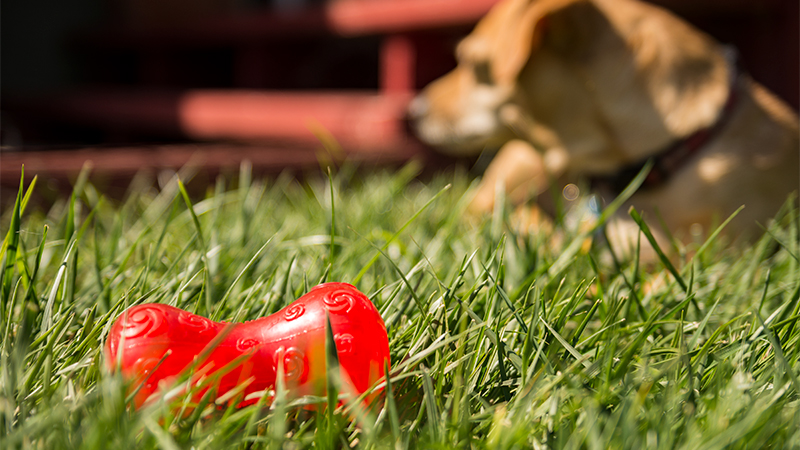Is social media training your child like a dog? Here’s how you can stop it.
Do your child’s eyes light up as soon as they see you pull out your phone? Do they start dancing, singing or posing because they know it’s picture time? You may be training your child like a dog with social media, and I figure it will have some serious consequences in the future. These issues come with two blades to the sword. First, if a child is young enough, it cannot give consent to have their baby pictures, adolescent experiences, and childhood memories posted for the world to see. Secondly, you are training your child that you are the happiest with them when they entertain you. You are raising a clown.
Without a child’s consent to post pictures, names, birthday dates, and other private information, parents are setting them up for a huge security risk in the future. They will have little to no private information to use as a basic keys for proof of identity. Of course technology will shy away from “What is your mothers maiden name?” questions in the future and will probably apt for a more biological security features like facial recognition or fingerprint scanners, but that doesn’t mean that it can’t be used for data mining or scams in the future. It seems like parents are giving away much more for very little in return. What are they getting in return?
” When someone likes an Instagram post, or any content that you share, it’s a little bit like taking a drug. “
Adam Alter
According to New York University Professor Adam Alter, author of Irresistible: The Rise of Addictive Technology and the Business of Keeping Us Hooked says(in this Business Insider video), “The minute you take a drug, drink alcohol, smoke a cigarette if those are your poison, when you get a like on social media, all of those experiences produce dopamine, which is a chemical that’s associated with pleasure. When someone likes an Instagram post, or any content that you share, it’s a little bit like taking a drug. As far as your brain is concerned, it’s a very similar experience.” So parents are essentially trading their child’s future security and mental health for a hit of dopamine. This is creates a second problem.
We can reasonably say that when a child does something entertaining it makes the parents happy, which is a natural response to seeing a child develop and learn new things. The issue that has become apparent in the last decade is there is a secondary response to capture the moment not for a keepsake or to show friends privately, but to post it publicly for a barter for likes, approval, and for the off chance of a viral video. The likes and approvals would then produce dopamine which is then reflected in the parent, and will show the child that when they do something funny or unique in front of the camera, that is how they get their parents affection and praise.
We see this constantly in videos where children are seemingly minding their business or half asleep and as soon as they see a phone pointing at them they will start dancing or singing. If we look at this the same way Pavlov looked at the dogs during his study, they are learning through conditioned behavior that they are connecting their parents affection with performing. This can lead to a whole host of issues later on in life where they feel the need to perform or please everyone to fit in or to feel accepted and loved. This is will be a disappointing revelation when they realize it is impossible.
So what can you do to help? Stop posting your children on social media. Help protect their future privacy and security, capture all those precious moments because you want to remember them and share them with close friends, not because you get a satisfaction out of it from a large number of likes. As much as I would love to see the 493rd picture of your kid eating a grilled cheese, I worry far more about their privacy and mental health. Please, put the phone down.
Note: As an Amazon Associate I earn from qualifying purchases from links provided that direct towards Amazon








